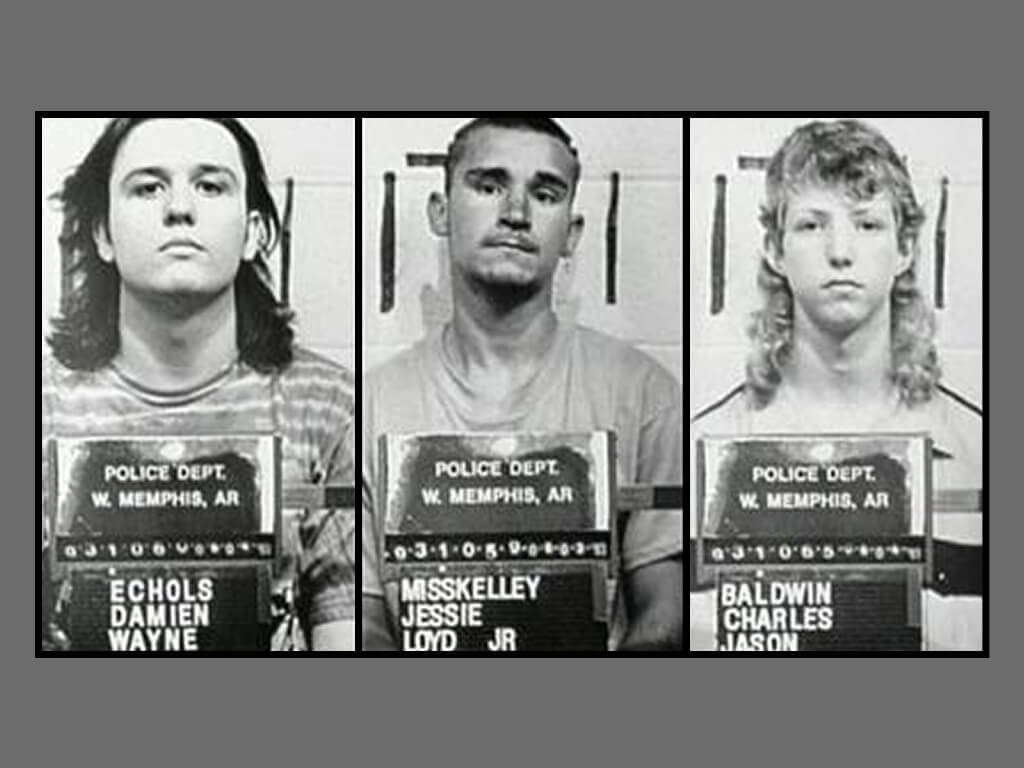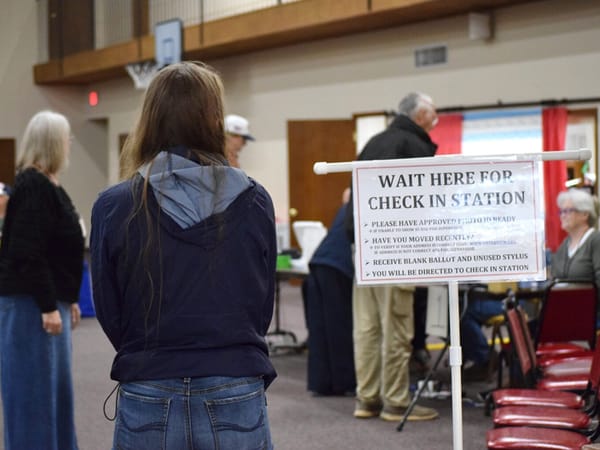Thirty Years On, the West Memphis Three Murders Face New Scrutiny
More than 30 years after the 1993 West Memphis murders, Damien Echols, Jessie Misskelley, and Jason Baldwin may finally get DNA testing to prove their innocence. Court approvals, legal battles, and potential justice for the West Memphis Three are detailed.

More than 30 years after being convicted of one of Arkansas’s most notorious crimes, the West Memphis Three may finally get the DNA testing they have long sought. Damien Echols, Jessie Misskelley, and Jason Baldwin continue their fight to clear their names in the 1993 murders of three young boys. Despite serving more than 18 years in prison, all three men have consistently maintained their innocence.
After years of legal roadblocks, a judge on August 1 approved a new round of forensic DNA testing, a potentially pivotal step in their decades-long effort to overturn their convictions.
Court Approves New DNA Testing
The hearing in Crittenden County Circuit Court on Friday morning was brief. Prosecutor Sonia Hagood and attorneys for Damien Echols, Jason Baldwin, and Jessie Misskelley signed an agreed order allowing the new DNA testing. Judge Tonya Alexander approved the measure, permitting the long-sought forensic testing to proceed.
This decision comes more than three years after a lower court rejected their petition and over a year after the Arkansas Supreme Court reversed that ruling.
The only dispute during the hearing involved how the evidence would be transported for DNA testing. Prosecutor Sonia Hagood suggested using a courier, but Damien Echols’ attorney, Patrick Benca, argued that FedEx was the only viable option because no independent third-party couriers were available in the area. Hagood opposed using FedEx but did not provide a reason, and according to the defense, this was the first time she raised an objection to the method.
Judge Alexander instructed both sides to resolve the transportation issue and report back. She gave the state and West Memphis police 10 business days to locate and ship the evidence, a step Hagood claimed had already been completed months ago. The parties appeared to reach a tentative compromise. Attorney Jeff Rosenzweig, representing Jessie Misskelley, said he would draft and circulate a proposed set of procedures for the transfer.
Potential Impact of DNA Testing
The impact of the DNA testing will largely depend on the results. If the evidence does not link Damien Echols, Jason Baldwin, or Jessie Misskelley to the crime, the state could decide to pursue charges against whoever’s DNA is found. Whether the state will take that step remains uncertain, as doing so would acknowledge that the West Memphis Three were wrongfully convicted over three decades ago and spent 17 years in prison for a crime they did not commit. Meanwhile, calls for renewed investigations into the murders are expected to grow.
A Case Marked by Controversy
The West Memphis Three case is remembered not only for the disturbing nature of the crime but also for flaws in its investigation and prosecution. Fueled by panic over alleged satanic rituals, the case lacked physical evidence, relied on questionable witness statements, and raised serious concerns about coerced confessions and judicial bias.
The defendants have often described their ordeal as a modern-day Salem witch trial. Many legal experts consider the case a cautionary tale in criminal justice. The renewed push for scientific DNA testing is seen as a long overdue step that could ensure justice for both the three men and the children who were killed.
In May 1993, the bodies of three eight-year-old boys, Christopher Byers, Michael Moore, and Steven Branch, were discovered in a muddy creek near the Robin Hood Hills area of West Memphis. Investigators quickly focused on Damien Echols, a troubled teen with a history of mental health challenges.
Police later obtained a controversial confession from Jessie Misskelley Jr., a sixteen-year-old with an IQ of 72. After hours of questioning without a lawyer or parent present, his statement implicated Echols and 17-year-old Jason Baldwin. All three were charged with capital murder. Baldwin, also a minor at the time, was sentenced to life in prison, while Echols received the death penalty.
Even some of the victims’ relatives doubted the defendants’ guilt. Each man entered an Alford plea, which allows someone to maintain their innocence while acknowledging that the state has enough evidence to possibly convict.
As part of the plea deal, Damien Echols, Jason Baldwin, and Jessie Misskelley were sentenced to the time they had already served, plus a 10-year suspended sentence, and were released from prison.
Justice Still Sought
The search for truth continued after their release. In 2020, Damien Echols contacted Scott Ellington, then the prosecutor for Crittenden County, to discuss new DNA testing using a wet vacuum method known as the M Vac. In 2021, Ellington was succeeded by Keith Chrestman, who stated that Echols would need to formally petition the court.
In January 2022, Echols filed a petition under Act 1780 of 2001, the Arkansas law governing DNA and forensic testing. He requested that the ligatures used to bind the victims be tested again, noting that previous analysis had already found usable DNA and that more advanced testing could help identify the true perpetrators. The state argued that Echols had no standing because he was no longer in prison. Echols countered that the law does not require incarceration to request DNA testing.
A circuit court had previously sided with the state, denying Echols’ request for DNA testing. The court ruled he was not eligible for relief because he was no longer in custody when the petition was filed. Echols appealed, and in April 2024, the Arkansas Supreme Court overturned the lower court’s decision.
Even after 30 years, the case continues to seek justice for the children who were killed and for the men who were convicted. Establishing the truth remains crucial for both.





